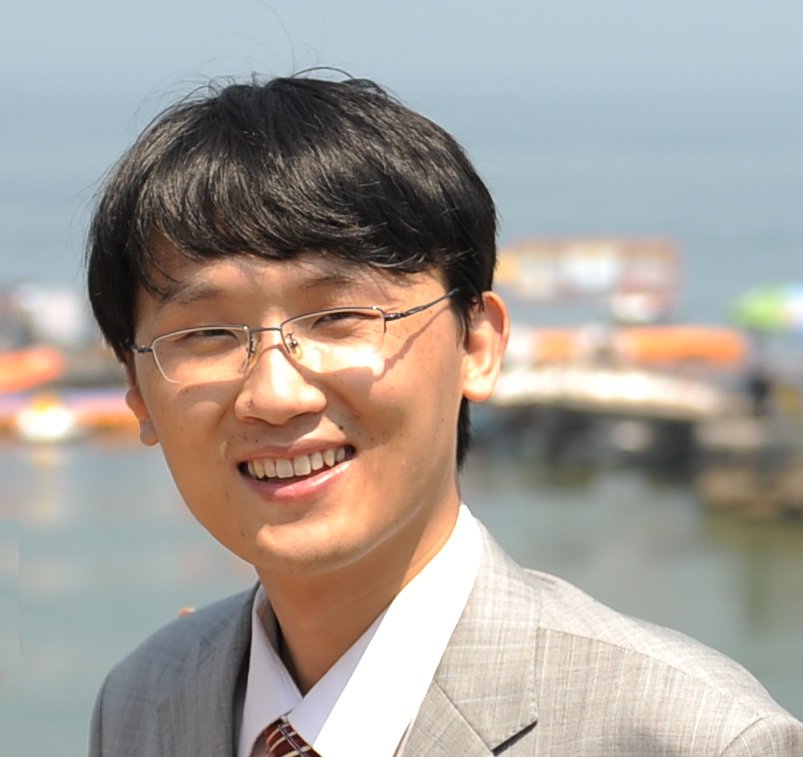Artificial intelligence & robotics
Jun Zhu
A bayesian AI researcher off the beaten track

India
Prasant Misra
Auditory sensing for micro unmanned aerial vehicles (UAVs or drones)

China
Qi Yin
Striking a balance between pragmatism and faith in technology

China
Zhengjun Zha
Overcoming the semantic gap and intention gap

China
Tiancheng Lou
Believing that autonomous driving should be involved in the design phase of the car, his company began right from Level 4
